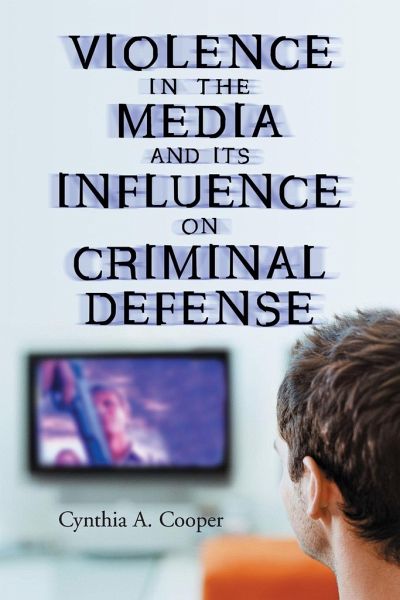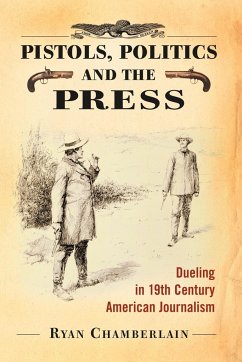
Violence in the Media and Its Influence on Criminal Defense
Versandkostenfrei!
Versandfertig in 1-2 Wochen
44,99 €
inkl. MwSt.

PAYBACK Punkte
22 °P sammeln!
How much are today's youth actually influenced by violence in the media? People who would never dispute the positive influence of programs like Sesame Street are reluctant to acknowledge that other programming may do harm. As early as the 1930s, however, parents were expressing concerns about the content of various media, including radio and comic books. Today, almost every violent crime perpetrated by a young person is probed for evidence of media influence, often while other contributing factors are ignored. With an in-depth look at media violence and its possible influence on young viewers,...
How much are today's youth actually influenced by violence in the media? People who would never dispute the positive influence of programs like Sesame Street are reluctant to acknowledge that other programming may do harm. As early as the 1930s, however, parents were expressing concerns about the content of various media, including radio and comic books. Today, almost every violent crime perpetrated by a young person is probed for evidence of media influence, often while other contributing factors are ignored. With an in-depth look at media violence and its possible influence on young viewers, this book examines how the ""media made me do it"" defense has affected today's courtrooms. Highly publicized cases such as those of Lionel Tate and Joshua Cooke, both of whom used media influence (television wrestling and The Matrix, respectively) as part of their defense, are discussed in detail. Other topics include the creation and maintenance of rating systems, parental involvement and ultimate responsibility.












